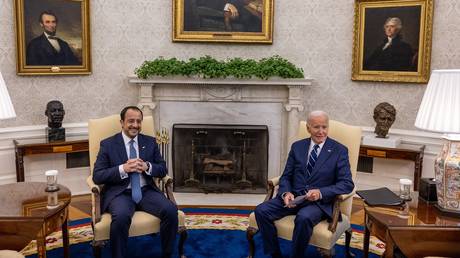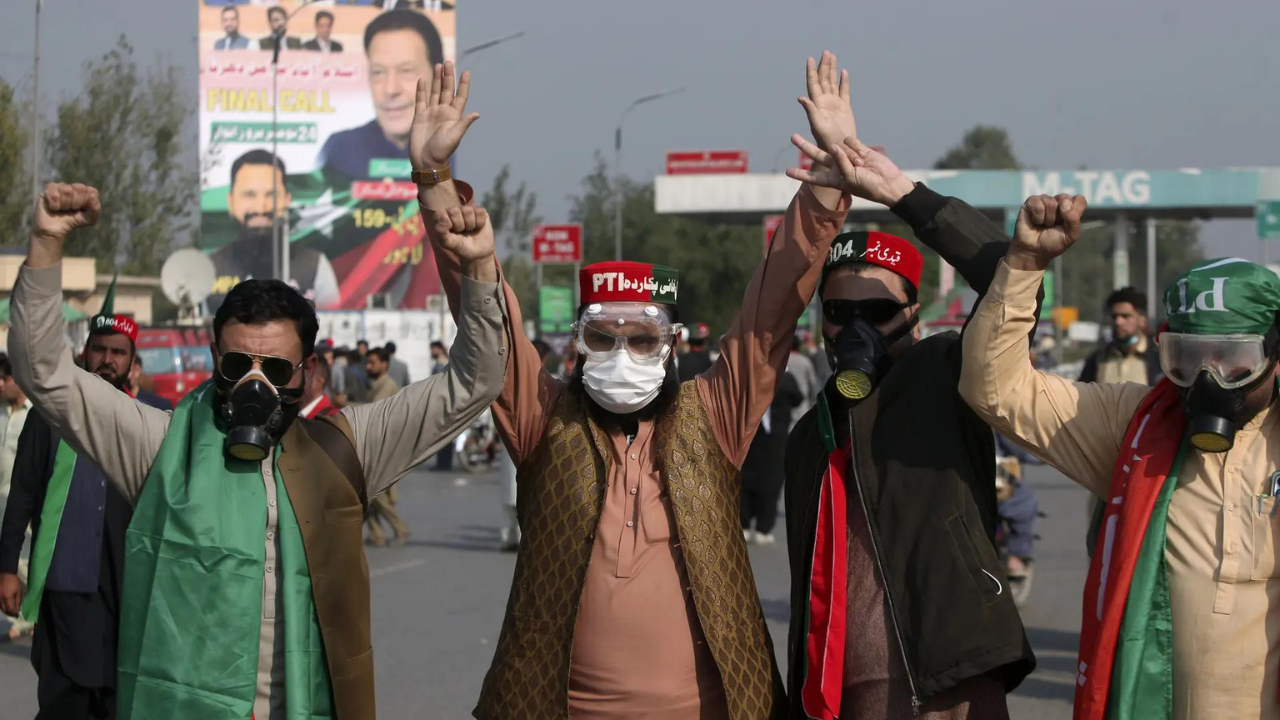ARTICLE AD BOX
The Telegram CEO had a face-to-face discussion with the French leader in 2018 that was not previously reported, the outlet has said
French President Emmanuel Macron had lunch with Telegram CEO Pavel Durov in 2018 and proposed that he move the company’s headquarters to Paris, the Wall Street Journal reported on Wednesday, citing anonymous sources.
Durov declined the offer at the time, the outlet said, citing people familiar with the matter. During the meeting, which has only recently come to light, Macron reportedly discussed granting French citizenship to the Russian-born entrepreneur.
According to the article, the lunch took place a year after French and United Arab Emirate intelligence services reportedly hacked Durov’s iPhone in a joint operation carried out over concerns that Telegram was being used by Islamic State to organize terrorist attacks, the report said.
“Governments have targeted Durov because of the groups that were drawn to his app, which range from pro-democracy demonstrators and dissidents to Islamist militants, drug traffickers and cybercriminals,” the WSJ wrote.
Read more Telegram founder finds out that ‘freedom’ isn’t free
Telegram founder finds out that ‘freedom’ isn’t free
One of the sources told the outlet that for years Telegram ignored subpoenas and court orders sent by law enforcement authorities, which “piled up in a rarely checked company email address.”
The 39-year-old tech mogul was arrested on Saturday upon arriving at the Paris-Le Bourget Airport on a private jet. The Paris public prosecutor’s office has stated that Durov was apprehended as part of a broader criminal inquiry against an unnamed person. A French judge has already twice extended his detention.
According to prosecutors, Durov, who holds French, Emirati, Russian, and St Kitts and Nevis citizenship, could face charges ranging from complicity in drug dealing and money laundering, to facilitating the distribution of child pornography. The possible charges reportedly stem from what prosecutors believe to be insufficient moderation of Telegram and Durov’s failure to prevent misuse of the messenger app by bad actors.
Telegram has denied any wrongdoing stating that the platform complies with EU laws, including the bloc’s Digital Rights Act and sanctions on Russia.
While Macron has claimed that the Telegram founder’s detention was “in no way a political decision,” the arrest sparked a wave of backlash against the French authorities, with many prominent people around the world describing the move as a direct attack on free speech.
.png)
 2 months ago
2
2 months ago
2








 English (US)
English (US)